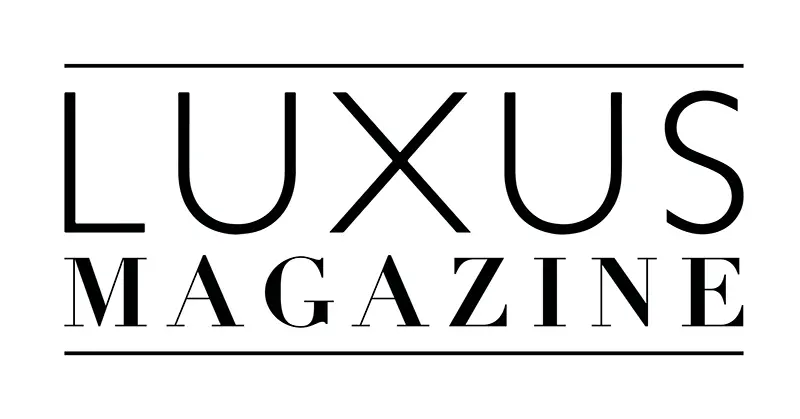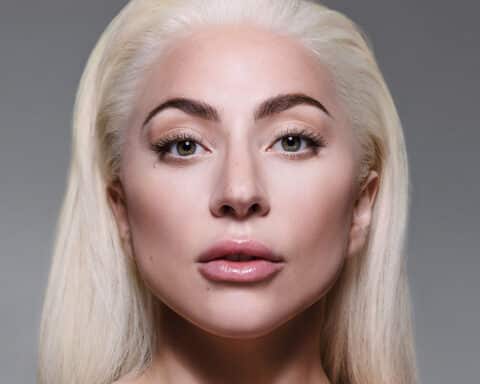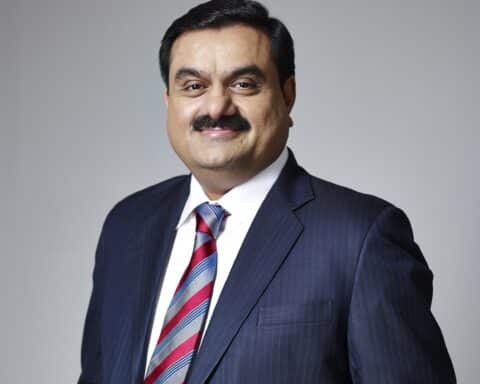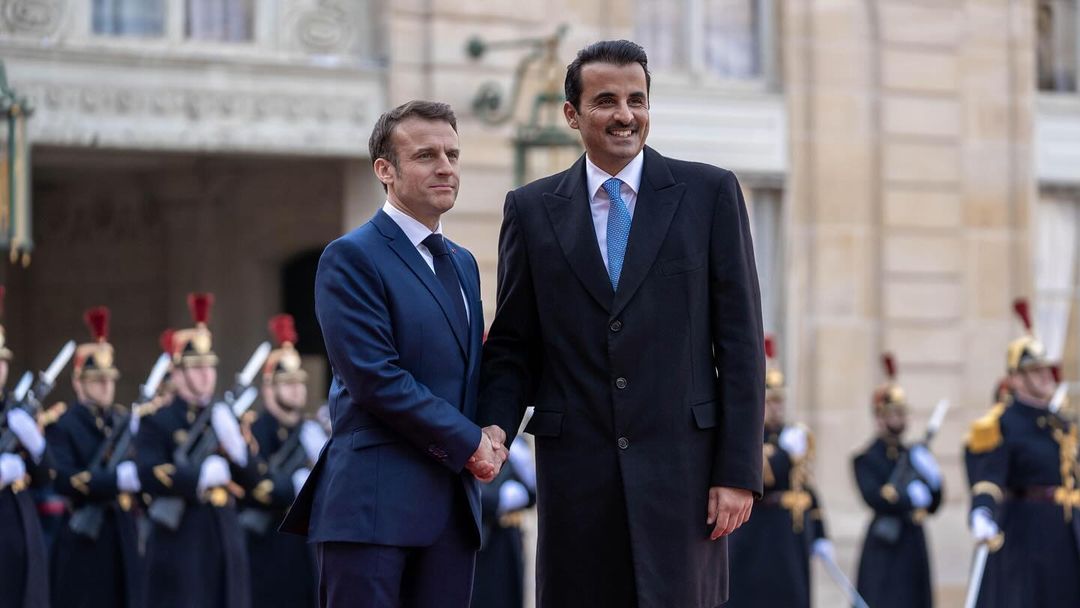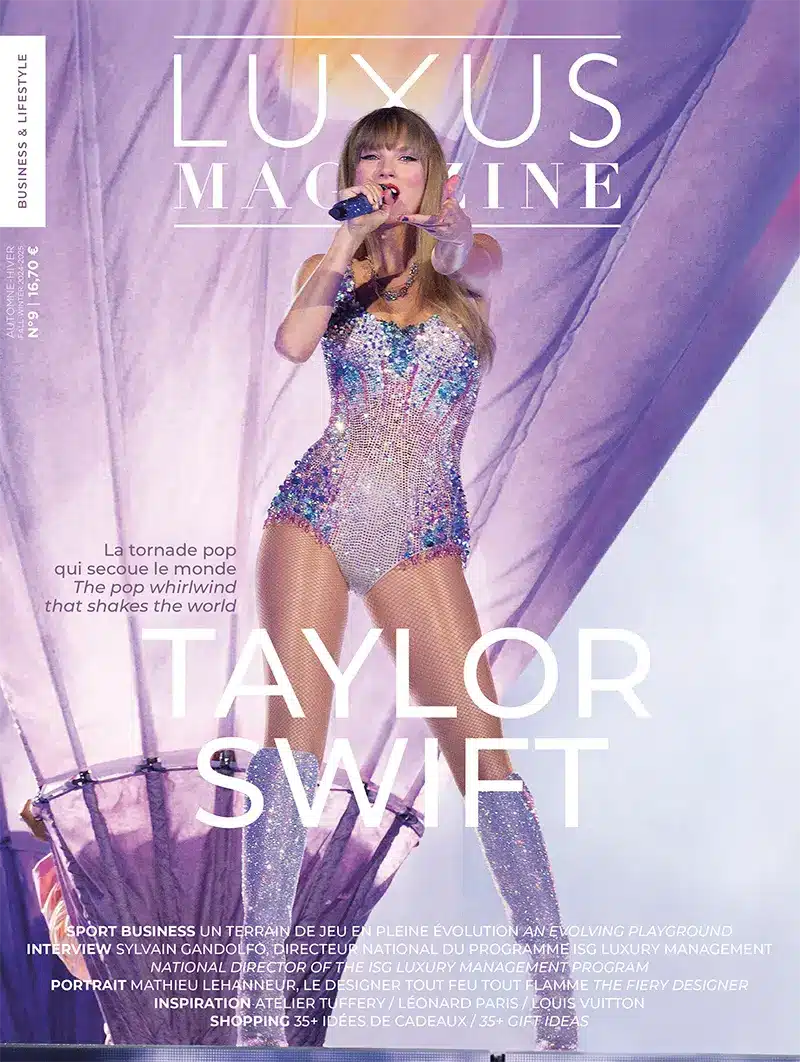It was supposed to be an epic clash between two iconic tech billionaires, broadcast on a global scale: on one side, protestor Mark Zuckerberg (39), head of Meta, and on the other, laid-back Silicon Valley star Elon Musk (52), head of Tesla, X (formerly Twitter), SpaceX and Neuralink. They were due to face off in a highly anticipated MMA fight, scheduled for August 26. However, the much-publicized bout will not take place. Here’s a look back at a rivalry that oscillates between animosity and admiration, at a time when the technology sector is increasingly displaying its power.
On August 26, two of tech’s most influential billionaires, Mark Zuckerberg, head of Meta, and Elon Musk, owner of X (formerly Twitter), were due to face off in an MMA (mixed martial arts) fight, in front of a cheering crowd, with a live webcast. This fanciful scenario had captivated online attention since late June, but has now been definitively abandoned.
A few weeks earlier, Mark Zuckerberg had decided to calm the situation, urging Internet users not to take his rival’s claims about the fight seriously.
On August 13, the CEO wrote: “It’s time to turn the page”, putting an end to several weeks of unusual exchanges between the two tycoons. These exchanges had undoubtedly contributed to their own publicity, diverting attention from the problems facing their respective social media platforms.
It all began at the end of June, when long-time rivals Elon Musk and Mark Zuckerberg challenged each other on social networks. The highlight of this exchange was Elon Musk’s tweet saying: “I’m ready for a cage fight”, referring to MMA fights.
Mark Zuckerberg quickly replied on Instagram, saying “Send me the address”. Elon Musk then suggested the idea of the clash taking place in the Las Vegas Octagon, in reference to the venue of the UFC, the main MMA organization in the United States.
Clash in an epic venue
This prompted an avalanche of reactions on social networks, with speculation about the details of the fight, the date and the venue. Articles and tweets multiplied, each giving their opinion on which of the two billionaires would have the upper hand. Mark Zuckerberg was considered the favorite, due to his involvement in martial arts and the fact that he frequently shared videos of his jiu-jitsu competitions on his own social networks.
For his part, Elon Musk, although he claimed not to practice any sport, had generated buzz by proposing eccentric locations for sparring, such as the Colosseum in Italy. He had also claimed to train, and shared details of his training online.
But the announcement was quickly tempered by the Italian Minister of Culture. “Long friendly conversation with Elon Musk about a great historical re-enactment event. It will not be held in Rome,” wrote Gennaro Sangiuliano on Twitter.
Corporate warfare
However, lurking in the background of this media saga is a deeper rivalry in the social networking market. After Elon Musk acquired Twitter in October 2022, the Meta group planned to launch its own alternative, Threads, to compete with the platform. Threads has been successfully launched in many countries. And the tense exchanges between the two tycoons continued, with accusations of industrial espionage and employee poaching.
Here’s a peek at “Threads” from the app store, Instagram’s highly anticipated Twitter rival which is expected to be released this week https://t.co/qU6iylnXgO pic.twitter.com/YTvyPiKiNy
— Bloomberg TV (@BloombergTV) July 4, 2023
However, as the supposed battle date approached, doubts began to surface. On August 6, Elon Musk announced that the first episode of the fight would be broadcast on X, with proceeds going to veterans’ charities. Nevertheless, Mark Zuckerberg hinted on Threads that the fight might never take place, after Elon Musk spoke of his own health problems (notably a failing shoulder).
Finally, on August 13, Mark Zuckerberg closed the deal by declaring that it was time to move on and stop paying attention to speculation. Elon Musk responded provocatively, but attention seemed to turn away from a now unlikely battle. The problems faced by X, including difficulties attracting paying subscribers and allegations of slowed access to competitors, then returned to the fore.
Hyper-masculinity in tech
The behavior displayed by Musk and Zuckerberg is more in line with what you’d expect from young students, not two mature men running some of the world’s biggest tech companies. The term “tech bro” has been around for about a decade to describe the mindset of men in the tech world, but its meaning has evolved over time. In 2021, Wired described it as “aggressively conformist, willfully retrograde and proudly loyal to institutions”, combined with “a darker tinge of misogyny, though the ‘bro’ of the original term is more clownish than threatening”.
Since then, Silicon Valley “tech bros” have adopted a less “backward-looking” and “clownish” approach, moving closer to the more general definition of “bro”, characterized by attributes such as hotness, athleticism, self-confidence and a taste for partying, according to the Merriam-Webster dictionary.
This transformation of “bro” culture within technology is particularly evident in the evolution of figures such as Mark Zuckerberg and Jeff Bezos. Previously, tech icons like Bill Gates, Steve Jobs or Larry Page were more stereotypical, mixing arrogance with a certain awkwardness, choosing their words carefully and avoiding questions about their lifestyle. Jeff Bezos, once perceived as a frail man who founded Amazon, has become a muscular billionaire, often photographed with his fiancée on a yacht.
However, it was Elon Musk who took this attitude to the next level. Nevertheless, this type of behavior is not without consequences. Elon Musk has faced various lawsuits as a result of his actions and statements…You can’t always succeed everywhere!
Read also>THESE INDIAN-ORIGIN BOSSES WHO HAVE RISEN TO THE TOP OF AMERICAN TECH
Featured photo : Midjourney/Picture generated by an AI

